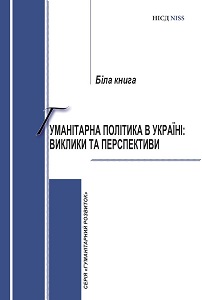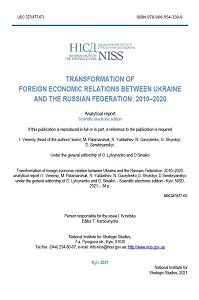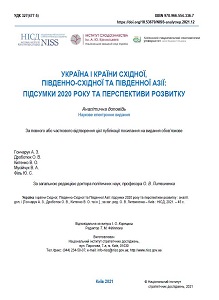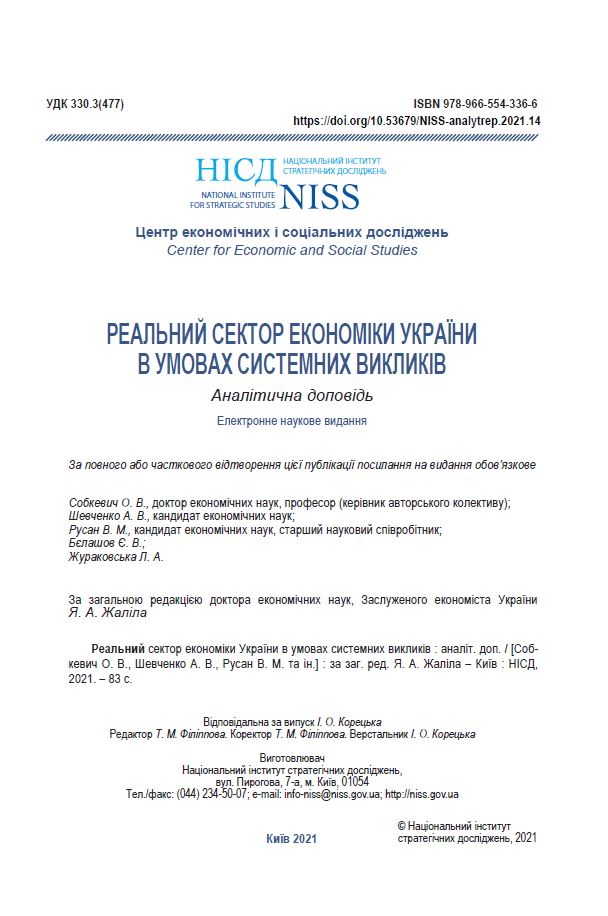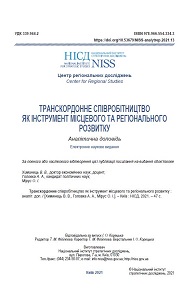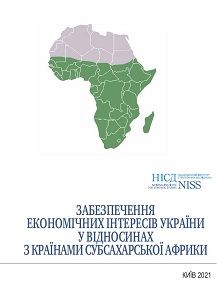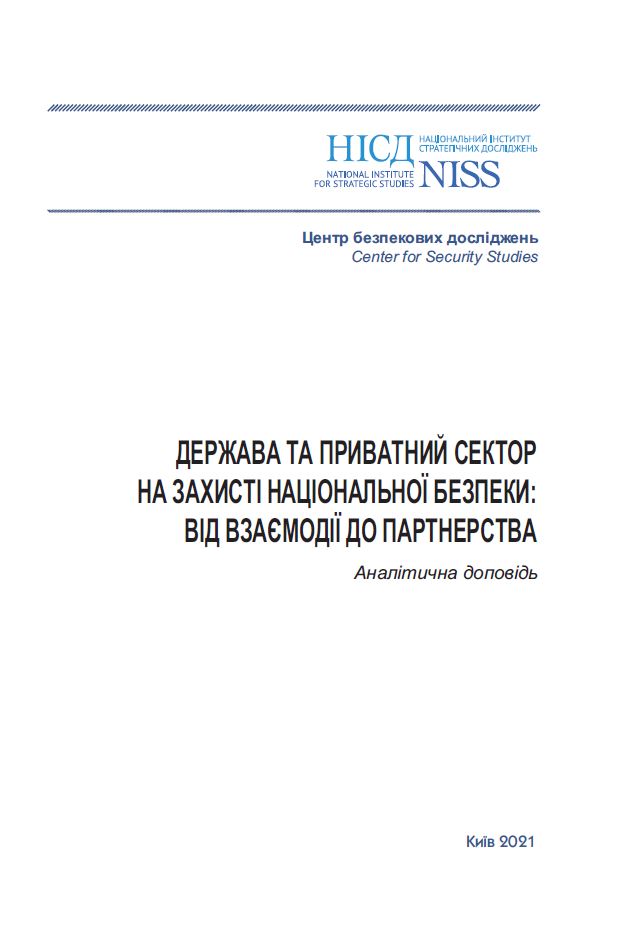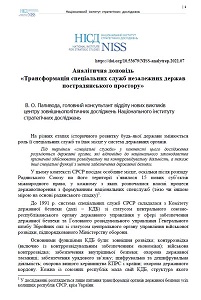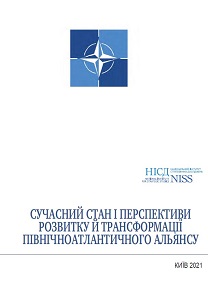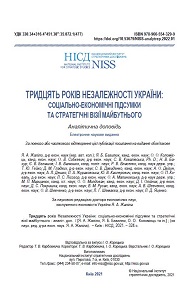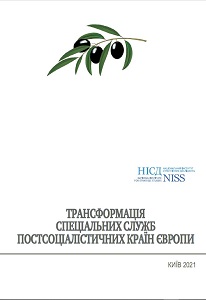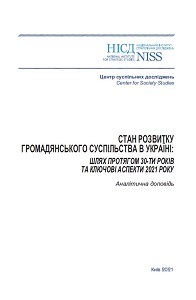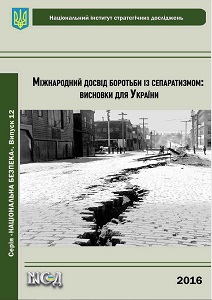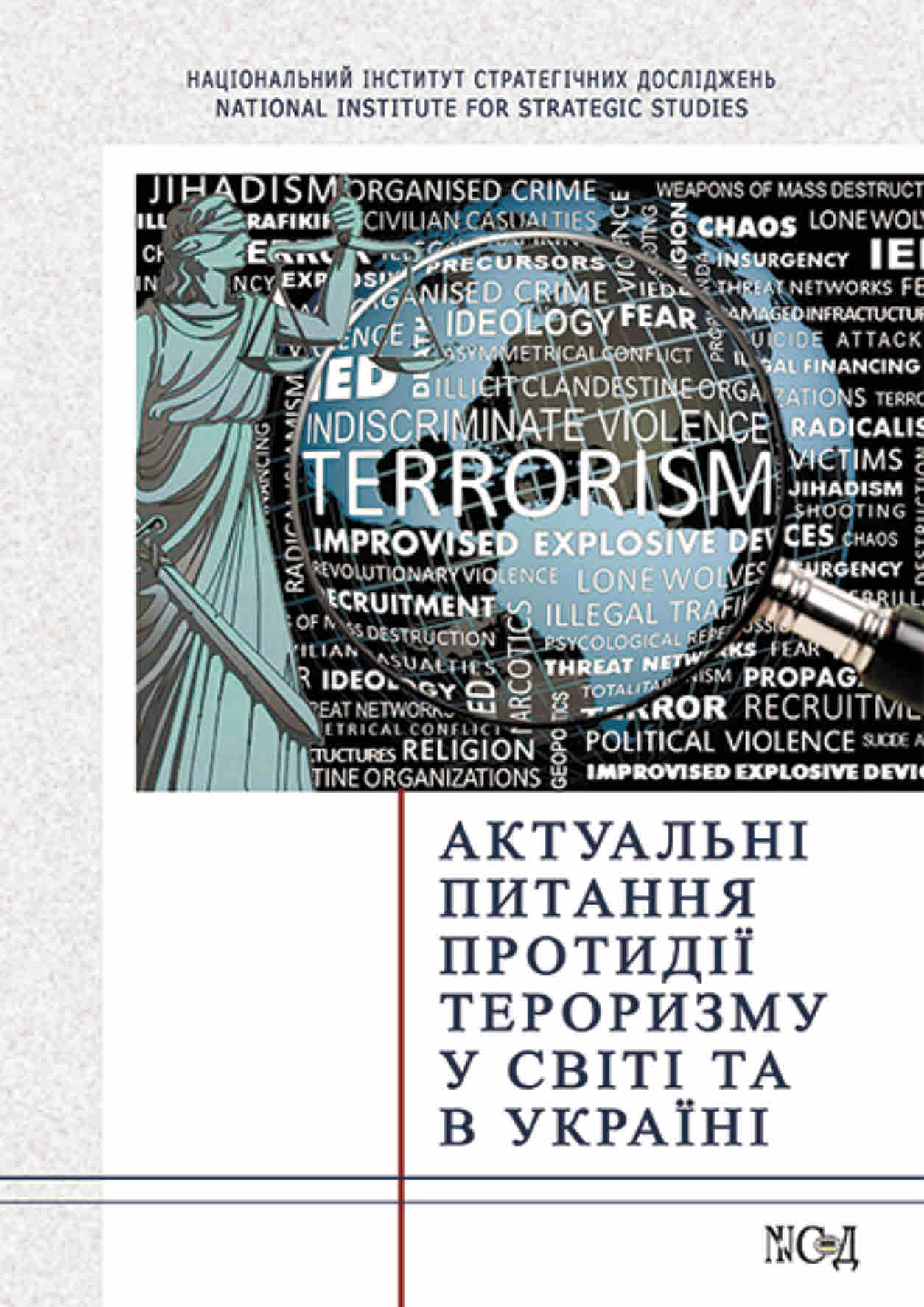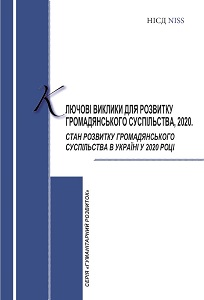
Organization of the National Sustainability System at the Regional and Local Levels
Організація системи забезпечення національної стійкості на регіональному і місцевому рівнях
Keywords: territorial structure of Ukraine; administrative districts in Ukraine;
Methodological, organizational, legal, political and other aspects of ensuring the stability of regions and territorial communities have been studied. The best world practices in this field are analyzed on the examples of the formation and functioning of the security districts of the Netherlands and local sustainability forums of Great Britain. Problems and prospects of ensuring the stability of regions and territorial communities in Ukraine are identified. Recommendations for the formation of a comprehensive model of interagency cooperation and coordination of activities in the field of national security and sustainability at the regional and local levels in Ukraine are proposed. Designed for experts, scientists, specialists in the field of national security, subjects of power, representatives of public organizations and individuals, all who are interested in the problems of building national stability. The publication can also be useful in the development and adoption of regulations governing legal relations in this area.
More...
